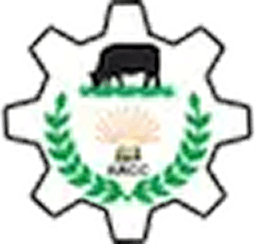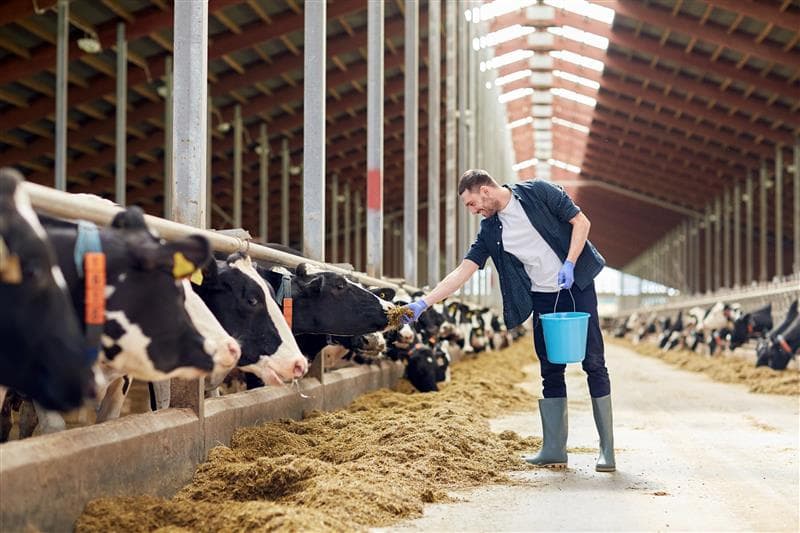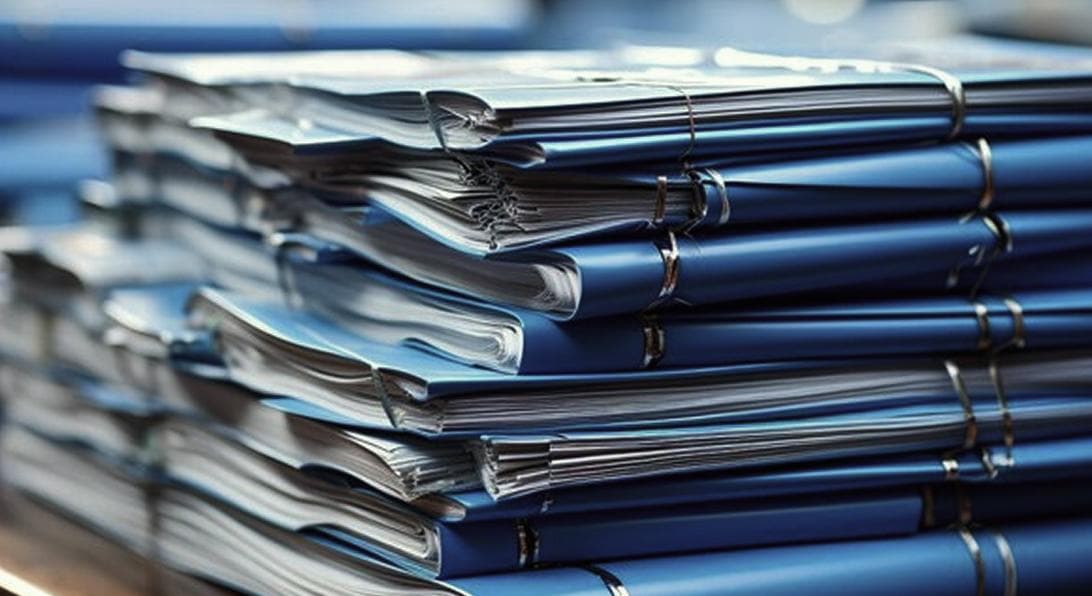
GLOBAL AGROVET
RESEARCH CONFERENCE - 2K26

POWERED BY
ARCC JOURNALS

POWERED BY
ARCC JOURNALS


05 May 2025
Dairy Sustainability Over Generations of Dairy Farmers

05 May 2025
Farming has always been more than just a livelihood for many families. Dairy sustainability is at the forefront and becoming an increasingly large part of the conversation in the future of food. To them, farming is a tradition passed down through the generations. For these farmers, the land is not just where they work; it’s where their history was made and where they hope future generations will continue to grow. This connection to the land runs deep, shaping not only their daily lives but also their approach to farming.
How Dairy Sustainability Has Evolved Through Generations of Dairy Farmers
Sustainability in dairy farming is not just a trend. Dairy sustainability is a necessary consideration and practice for these families to continue their tradition. As dairy farmer in Edmonton, Kentucky, reflects, “My parents both grew up on a dairy farm. I guess you can just say it was always in my blood.” There are generational ties to farming that are foundational to many agricultural communities. Farming is more than a job—it's a way of life, deeply embedded in family history and pride. And for future generations to continue this tradition, they must also adapt to new challenges that their predecessors could not prepare the business for.
The move toward more environmentally-friendly farming practices is more than keeping up with trends. Sustainable practices preserve a family legacy. Farmers understand that to continue working the land, they need to protect it for their children and grandchildren. Sustainable farming practices, such as crop rotation, reduced pesticide use, and water conservation, benefit the environment and improve long-term productivity and resilience against a changing world. By making these changes, they’re safeguarding their way of life while also caring for the world around them.
One important aspect of this shift is reducing the environmental impact of dairy farming, especially in the daily routine practices on the farm. Farmers are reducing waste and conserving precious resources by adopting no-till farming, using renewable energy sources, and implementing efficient irrigation systems. These innovations are not just about keeping pace with current trends but are essential to ensure that the land remains fertile and productive for future generations. Many farmers are also integrating livestock (specifically their manure) into their operations to support both the soil and plant health, helping to maintain the ecosystem's natural balance. This livestock integration creates a beneficial relationship between animals and crops, enhancing sustainability and naturally boosting soil fertility.
Sustainability in farming is about more than just meeting the needs of the present—it’s about ensuring that the land continues to thrive for generations to come. As Cowherd notes, “This is an industry where you put in maximum effort and maximum time and then we get the results that you put in.
The land that has supported their families for generations will continue to do so, but with the added benefit of a more sustainable approach to farming. The efforts these farmers are making today will have lasting impacts, not just on their farms but on the broader world. In embracing sustainability, they are preserving both their family legacy and the planet for future generations.

Become a Delegate
Attend GARCX 2026 as a delegate to gain expert insights, connect with global professionals, and explore cutting-edge solutions in agriculture and animal health.

Become a Speaker
Join global thought leaders at GARCX 2026 to share your research and insights. Present your work on integrated agriculture and animal health before an international audience.

Become a Sponsor
Showcase your brand as a pioneer in One Health innovation. Sponsoring GARCX offers high-visibility branding and strategic exposure to industry leaders and researchers.

Publish with Us
Submit your scientific work to be featured in esteemed ARCC Journals. Gain credibility and reach in the global agricultural and veterinary research community.

Become an Exhibitor
Display your solutions, products, or innovations in agriculture and animal health at the GARCX Expo. Network with stakeholders and boost your industry presence.

